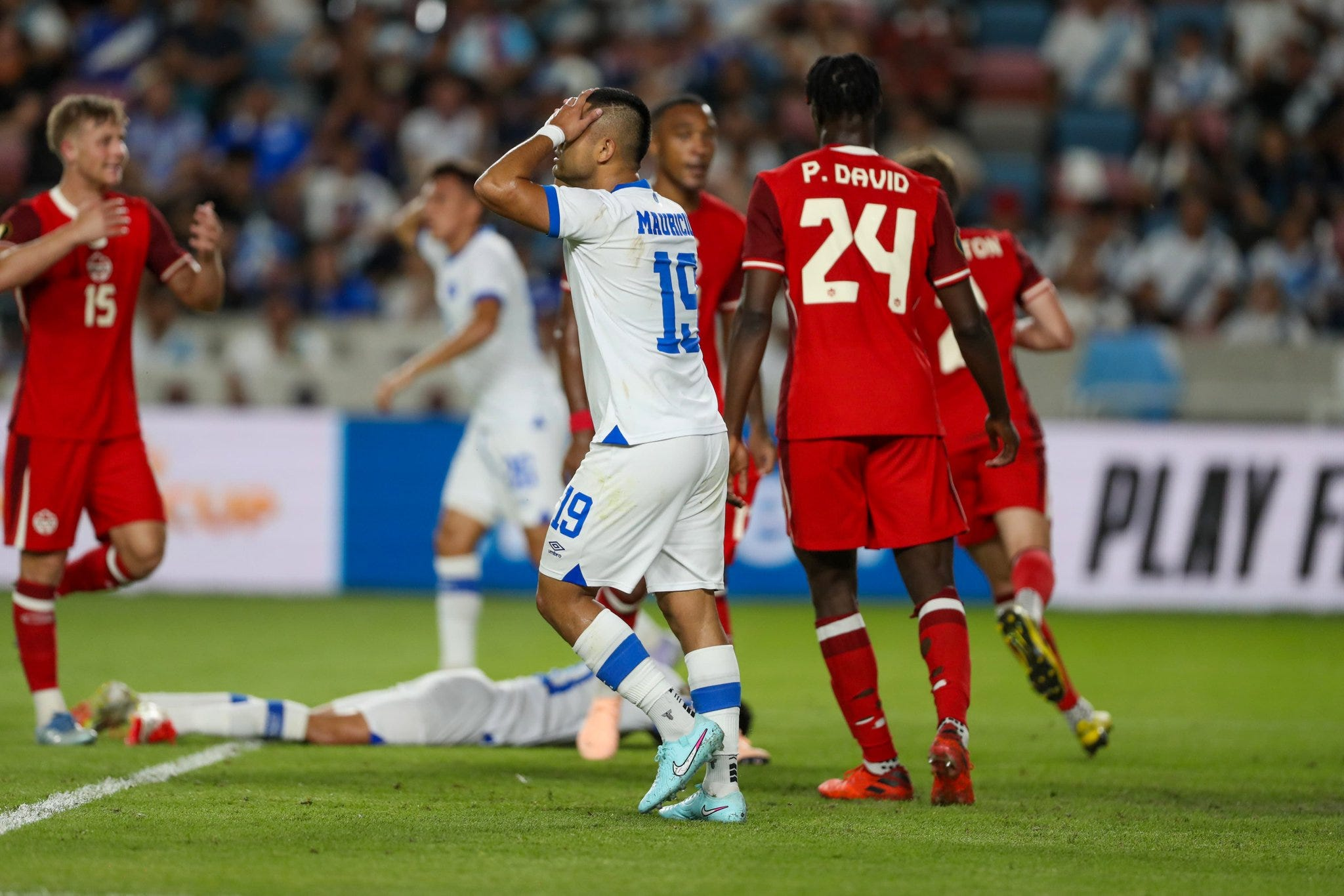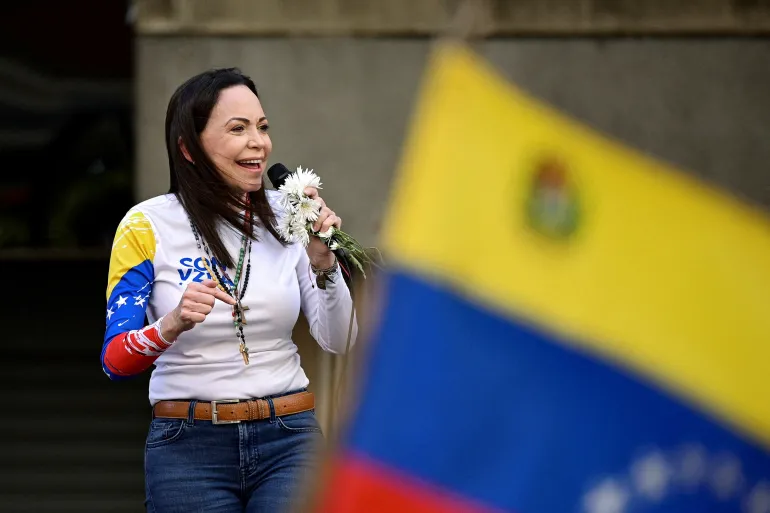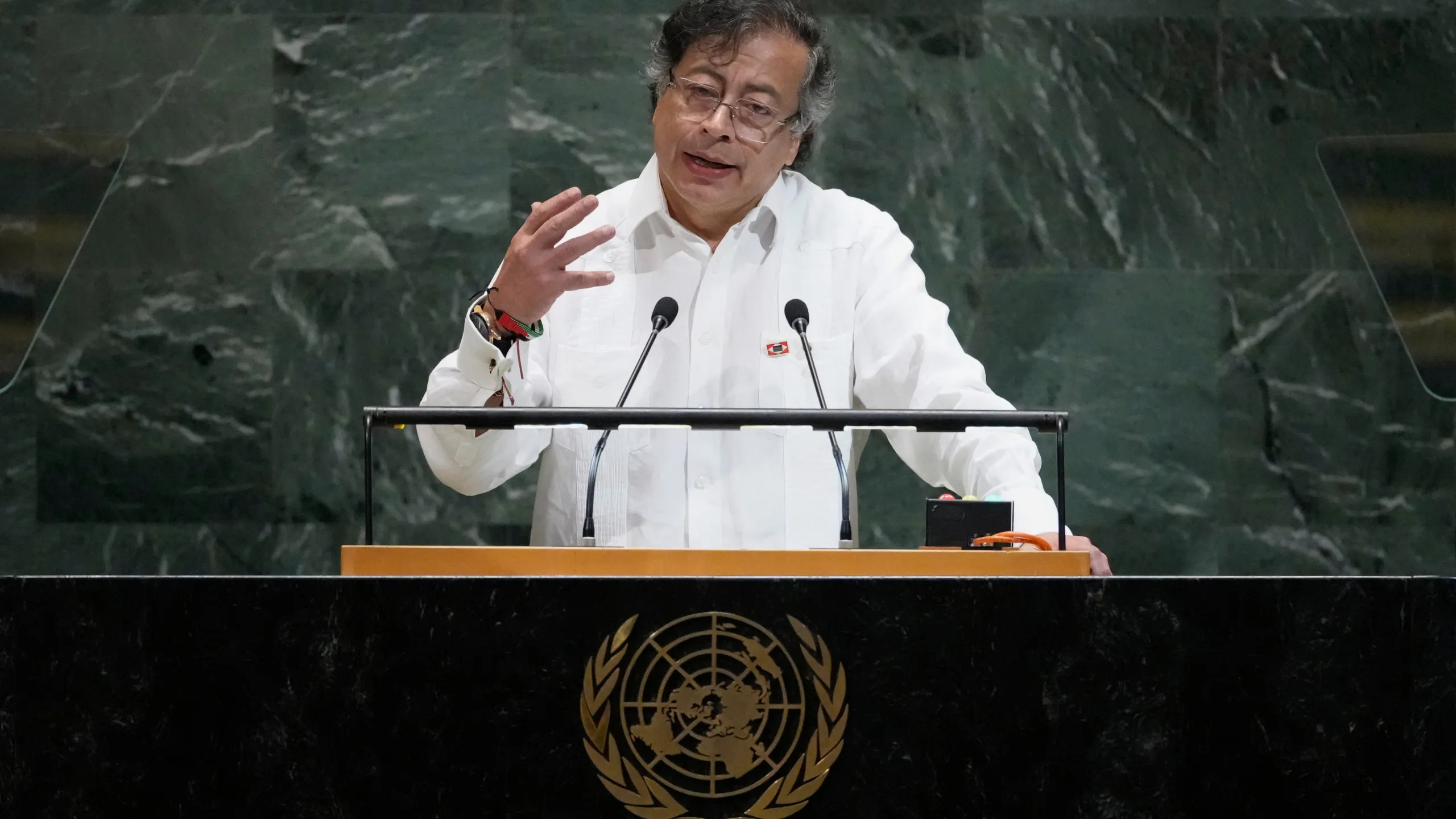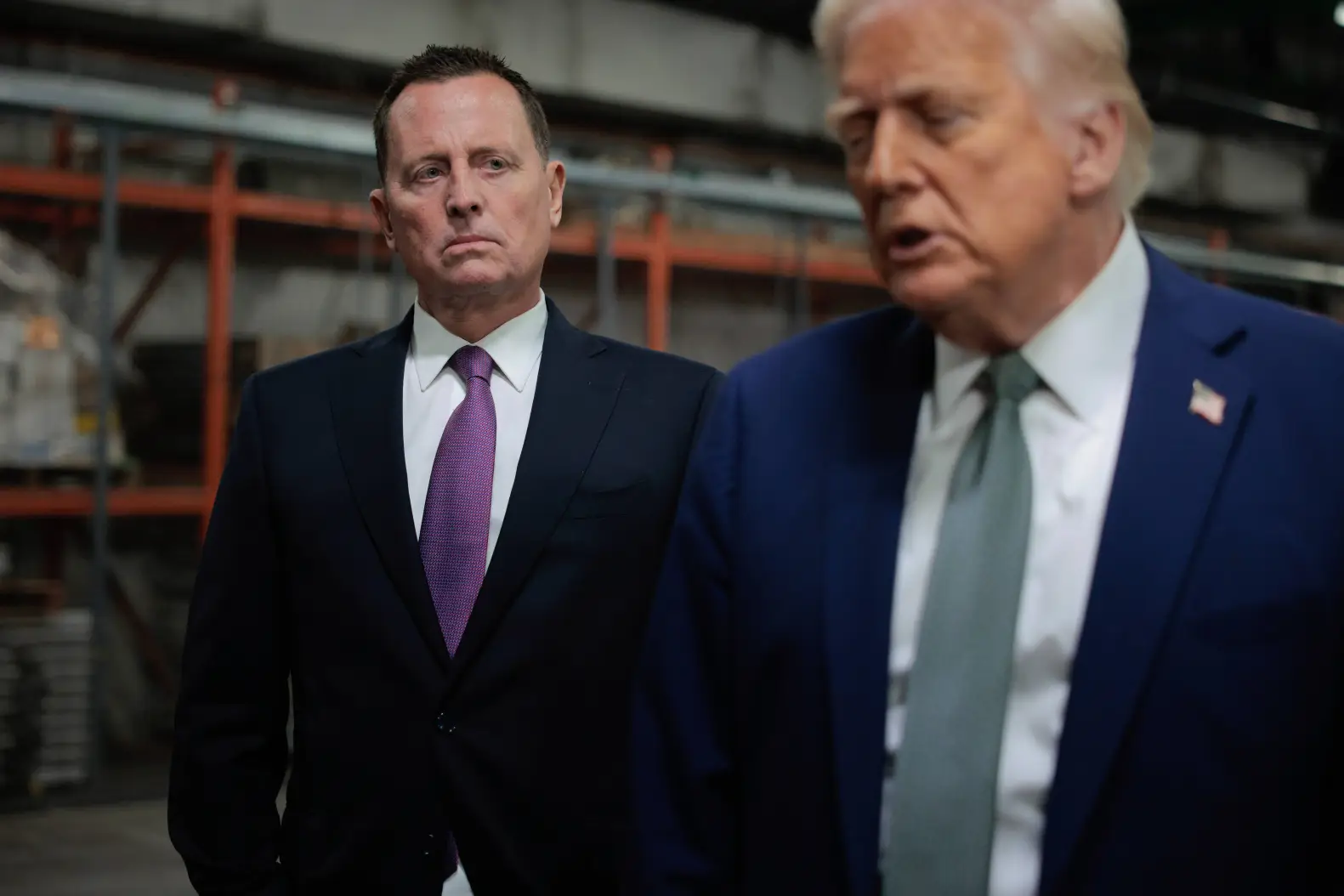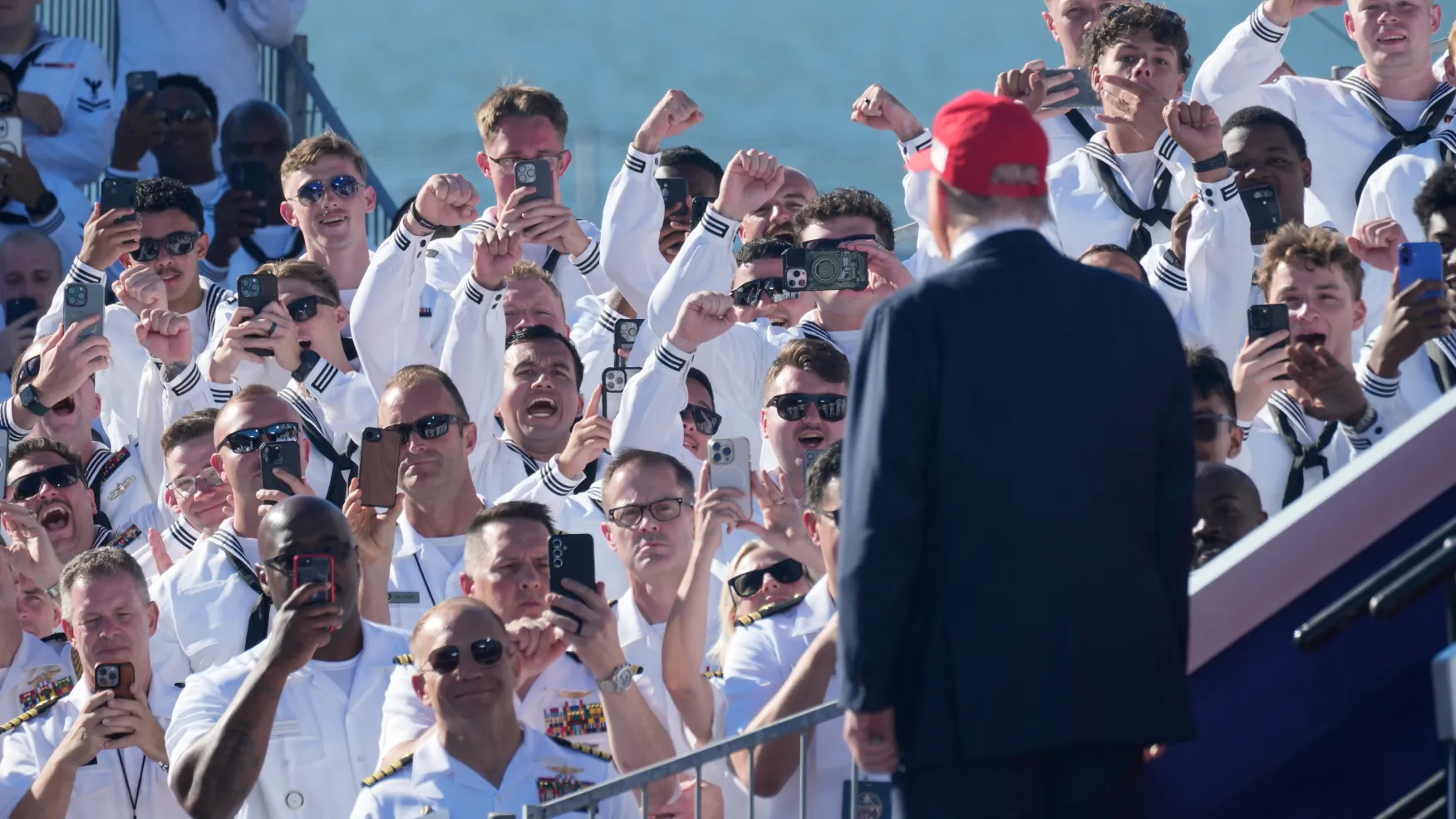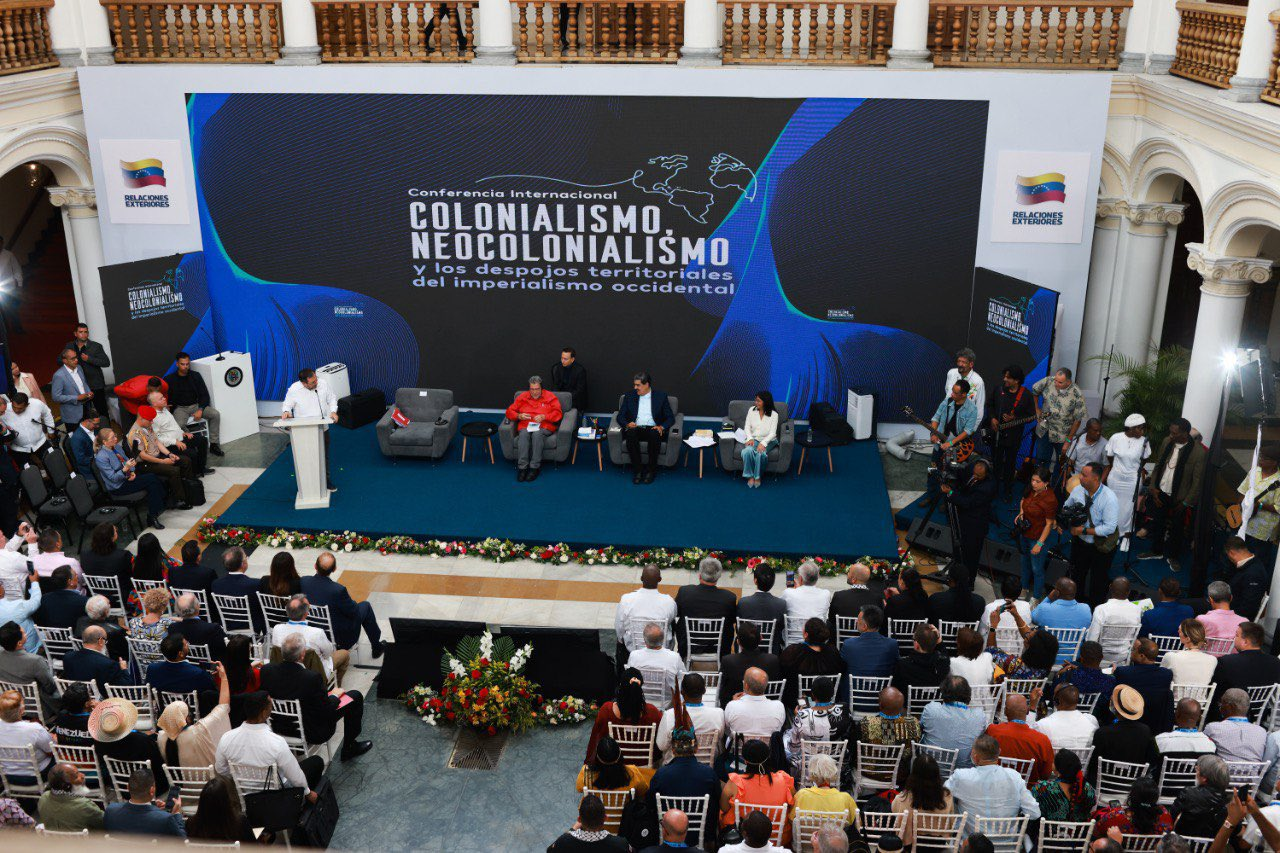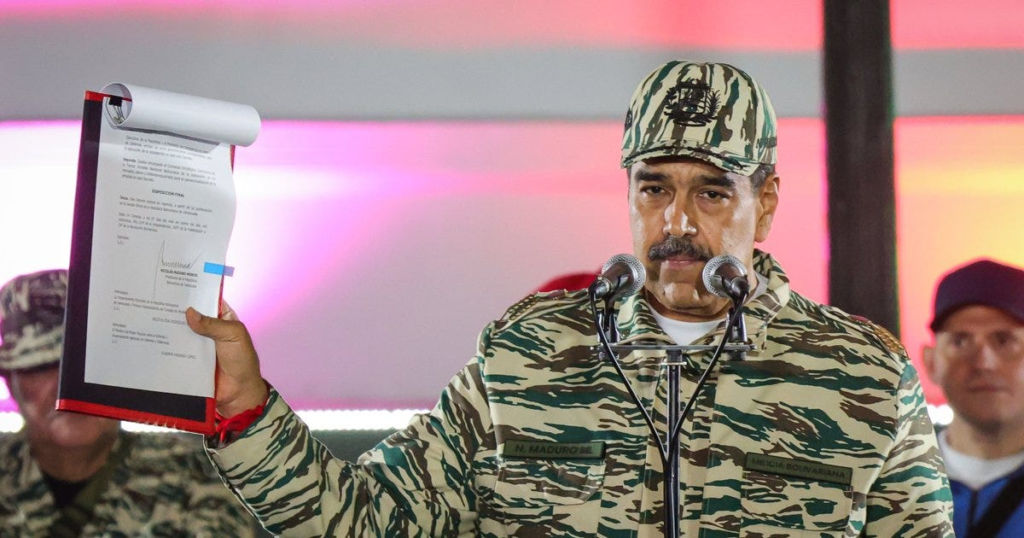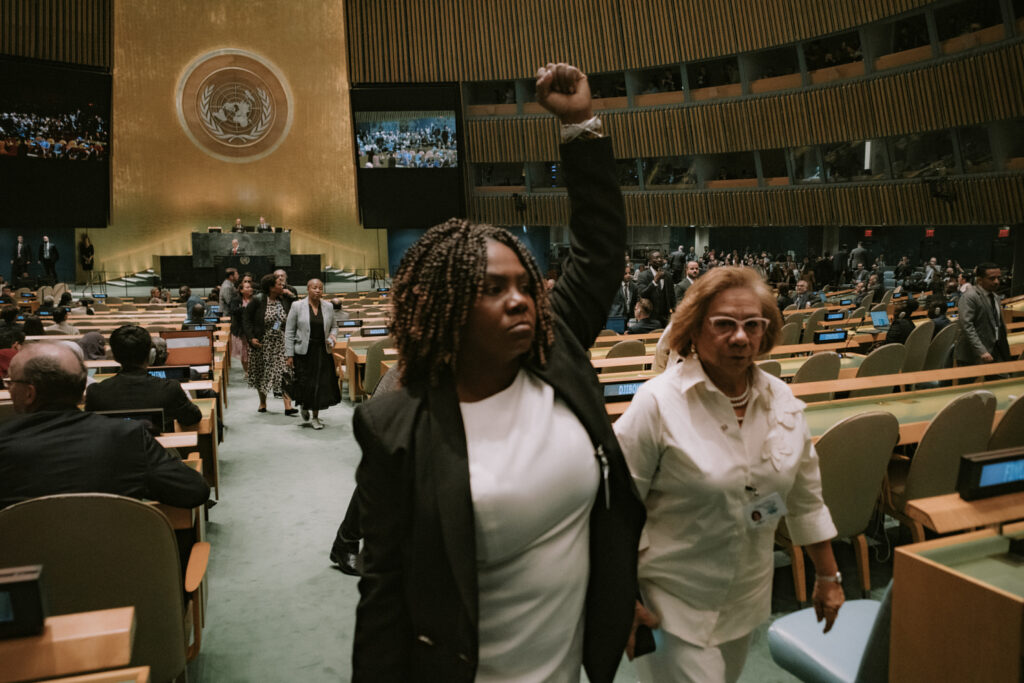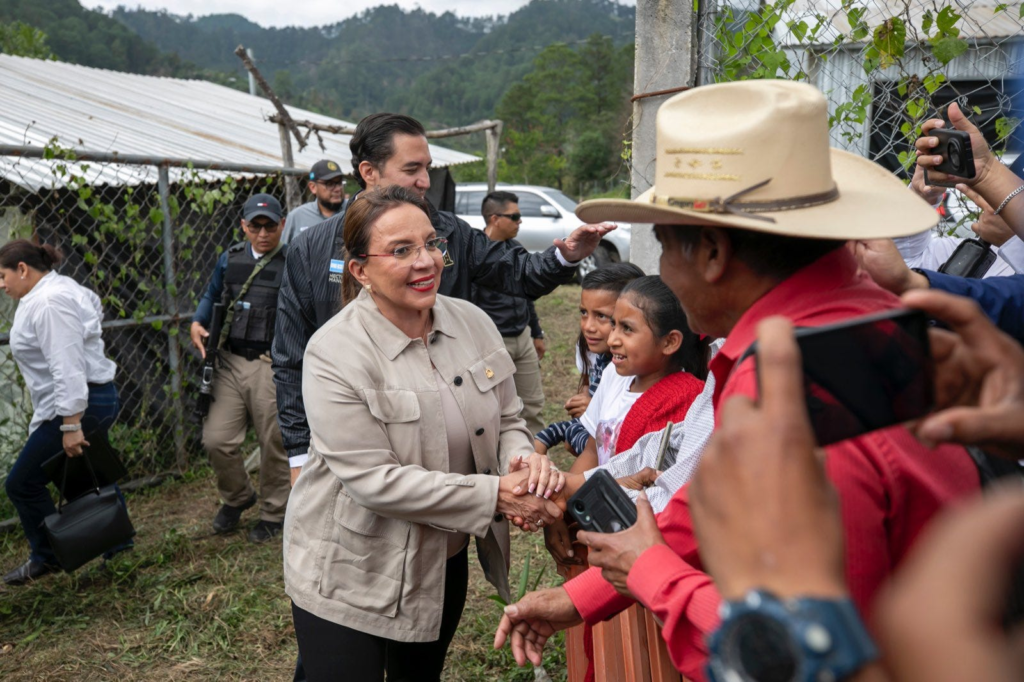The Salvadoran national football team needed to walk away with a win on Tuesday night in Houston, Texas. Anything less than victory would not have been enough.
The small Central American nation had a tough road to make it out of the group stage. Group B was made up of Curacao, their northern neighbor of Honduras, and their opponents on Tuesday night – their final match in the group, the Canadians. It was a narrow road, but advancement was possible.
With a Honduran loss against Curacao and a victory against the North Americans, El Salvador had a chance to qualify for the knockout round and were eager to make their fellow countrymen back home proud. It was their most difficult match of the campaign. Canada is expected to be a top contender to win the 2025 Gold Cup, a trophy that has yet to be awarded to any nation other than Mexico, Canada, and the United States. But the Salvadorans, ranked 81st in the world FIFA rankings were committed to putting up a fight.
In early March, the President of El Salvador welcomed Hernán Darío Gómez, also known as “el Bolillo” as the new Head Coach of El Salvador’s national football team. Hernán Darío – a Colombian national – previously held a major post in Central American fútbol managing the Panamanian national team in its appearance in the 2018 World Cup in Russia. Hernán Darío sat down with Bukele in the accompaniment of friends, family, colleagues, and people associated with the organization to share their visions for professional fútbol in the small nation of El Salvador, and to express their mutual hopes for the nation’s achievements in upcoming tournaments.
During the meeting, Hernán Darío relayed that he has been a great admirer of the president, watching his speeches on television, and going on to congratulating Bukele for his accomplishments in the political arena. Bukele who was recently inaugurated for his second six-year term in power has been no stranger to international controversy. Hernán Darío remarked that he “hoped to bring joy to the people of El Salvador… and that I told the players through you [Bukele], we have come to see everything happening here… the progress. We see that it’s a country on the rise. When you come here everything is clean, and you find peace and tranquility.” Hernán Darío also noted that “everyone here [in El Salvador] is prospering, but I saw that Salvadoran fútbol was not following that trend.” Bukele emphatically agreed.
Bukele went on to point out the “paradox” of the matter. He highlighted that the Salvadoran people adore fútbol, they love fútbol, and that the “children play fútbol at a very young age”, but that the country is in last place in every competition. Both men had agreed that this must not be the expectation, that the country deserves better.
By Tuesday the night of the 24th of June, the “trend” that Hernán Darío had referred to in his meeting with Bukele had not changed. El Salvador was in last place in Group B and required a win against Canada.
The play was quick from the start. El Salvador looked promising early on in the match against their more experienced opponents. They had established themselves well in the midfield with some momentum. But in the 35th minute, everything began to fall apart for the Salvadoreños when J.S. Otriz Asencio after a crunching challenge against Canadian Niko Sigur was issued his second yellow card and was dismissed from the match.
Ten minutes later, left-midfielder for El Salvador, Jairo Henriquez received a straight red for a nasty elbow to the face of an opposing Canadian player in the 46th minute, leaving the Salvadorans to finish with nine men on the pitch before half-time.
The first half was a bloodbath with a total of 22 fouls in the first 45 minutes. The Salvadorans lost their heads. They were in shambles. The match commentators were in agony watching the team crumble from the sidelines. It was a total lack of discipline that emanated from the squad’s inexperience in major international tournaments. Their poor performance and flaring tempers were for the all the world to witness.
With the Salvadorans languishing, and hopeless with two men down on the pitch, the Canadians scored twice within three minutes after the start of the second half. Salvadoran hopes for advancement were buried, and the match finished 2-0. El Salvador was sent home without a single victory in three games.
In an after-match conference, Hernán Darío, the manager of La Selecta appeared dejected, and the reality of the situation began to set in. Darío remarked after being asked for his thoughts on his team’s performance, “We don’t have the star players of Central America, we have to work on the collective. Because we don’t have the player who can bail us out.”
Darío put it more bluntly when speaking to the Salvadoran press after the tournament that “qualifying for the World Cup is a dream, an illusion.” This was a brutal reflection on the state of Salvadoran society in professional fútbol and one Bukele certainly understands the necessity of recognizing.
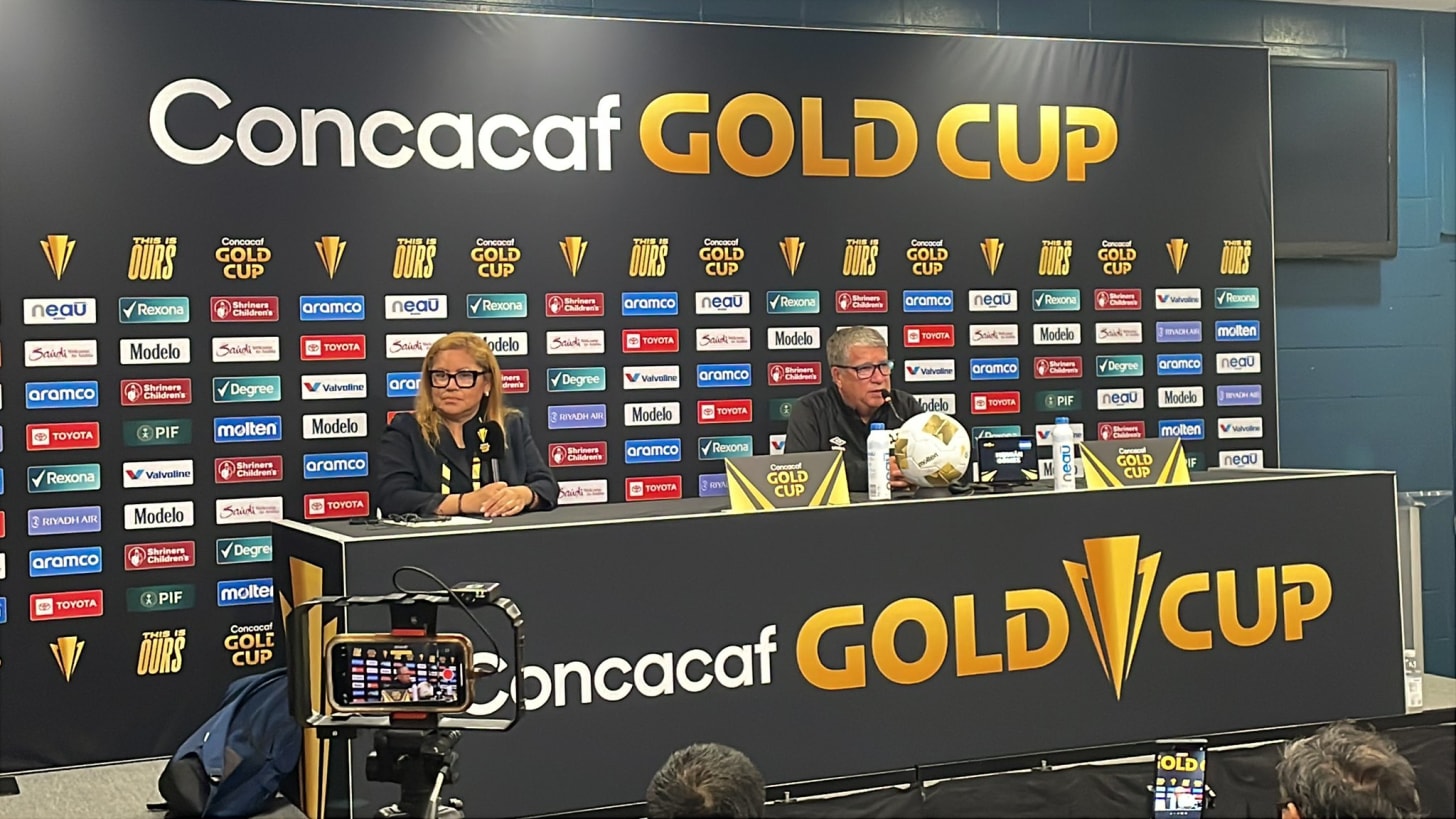
Competition in the arena of sports can often be a reflection of the greater moods of society. The Europeans for instance have come to excel in football because they have established an infrastructure in government and civil organizations that are dedicated to building a project that propels their nations to athletic success.
In the poorer regions on the other hand, say in Central America for instance, these programs are lagging, if not nonexistent – representing the broader social standards of these countries and the sheer impotence of local and national governments that aren’t as present in the more developed nations that take pride in their sporting apparatus.
This has arisen from the problems of poor and ineffective governments in the first place, and a society that either does not have the resources or the social appetite to contribute to the development of their respective societies in this space. Lack of funding, corruption, and a dearth of figures who can operate in leadership capacities for these associations leave them neglected, and aimless.
As we have illustrated above, the passion for football is there in El Salvador, but it is the function and the obligation of governments to arouse the people into excellence. This is only achieved when these governments will it upon themselves to carry the responsibility of incentivizing their people to participate in this great field of ambition and national competition. It is necessary to provide the people through various civil organizations and the funding of social programs in order for them and their participants to prosper.
To say that La Selecta has room for improvement is an understatement. The overwhelming majority of attendees at Shell Stadium in Houston were the traveling Salvadoran supporters. The stadium had a great many empty seats, but the passion for the Salvadoreños never wavered. They stood behind their people proudly and unapologetically throughout the entire match, and they fought through it with energy, even in defeat.
Very much like the humble Central Americans of this small, upstart of a nation – a country in revival trying to demonstrate to the world that even with its troubled history, a history very much engulfed in the brutalities of a region’s bloody passions, a people once interminably underrepresented by oppressive governments for over a hundred years, a nation of extreme poverty and deprivation; a dozen civil wars; coups; and violent revolutions that resulted in the killings of hundreds of thousands of innocent civilians with many more displaced; hunger and mal-education, and then to live beneath the tyranny of a ruthless cabal of vicious criminal organizations for two decades, robbing the youth of their innocence and opportunities, and terrorizing the good people of this hungry nation – the compatriots of El Salvador in Houston, Texas still left everything that they had on the pitch. They have taken this bitter defeat, but are eager to get back and start again.

